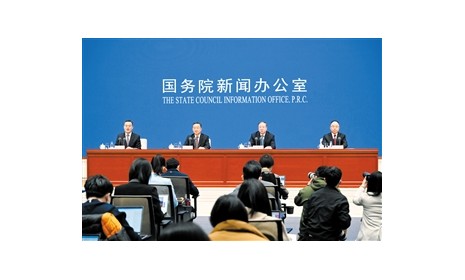据欧盟食品安全局(EFSA)消息,7月31日欧盟食品安全局公布了第二轮新兴风险鉴定工作报告。
本次报告着重介绍了2010-2012年间在新兴风险鉴定试点阶段从检测程序至监控、采样、分析与数据处理的工作。相关工作的目标在于协助风险评估人员,采取预防措施,更好的保护消费者的健康。
部分原文报道如下:
The European Food Safety Authority has published a second periodic report on its work in the area of emerging risk identification. The report highlights findings from the 2010-2012 pilot phase that tested procedures to monitor, collect and analyse information and data for the identification of emerging risks in the field of food and feed safety. The aim of this work is to support risk managers in taking preventative measures that will increase consumer protection. The report published today provides an overview of the work undertaken by EFSA in this specialised field and outlines valuable lessons learned and recommendations for future development.
Over the years EFSA's work on emerging risk identification has developed from conceptual theory to practical implementation. This latest report finds that in addition to data, access to a broad array of scientific expertise coupled with feedback from EU Member States and stakeholders are imperative to the success of an expert judgement-based emerging risk identification approach. With the establishment of a dedicated Member State network for the identification of emerging risks and a stakeholder working group comprising industry, consumer and NGO experts, as well as access to thousands of scientific experts, EFSA is uniquely placed to undertake this important work to protect European consumers.
Between February 2010 and May 2012, EFSA tested a process that enabled the identification of potential emerging issues[1], as well as drivers of change with possible impact on the food/feed chain e.g. global warming. Through the use of expert judgement and knowledge networks, these potential issues were prioritised and the Authority was able to initiate several activities with the long-term aim of being able to make anticipatory recommendations to EU legislators.
EFSA's work in this area is at the forefront in the development of a process to anticipate future risks in the EU food and feed chain. The Authority also recognises the importance of sharing what has and has not worked; providing examples of the types of emerging issues that can be identified within the parameters of the Authority's capacity, giving specialists in the field useful feedback as a means to further develop similar systems. To illustrate, a template is appended to the report that, through hands-on experience, EFSA has refined to use as a means to structure the evaluation of the information used for the identification of potential emerging risks.
原文链接:<http://www.efsa.europa.eu/en/press/news/120731.htm?utm_source=homepage&utm_medium=infocus&utm_campaign=emrisks>
日期:2012-08-01
















